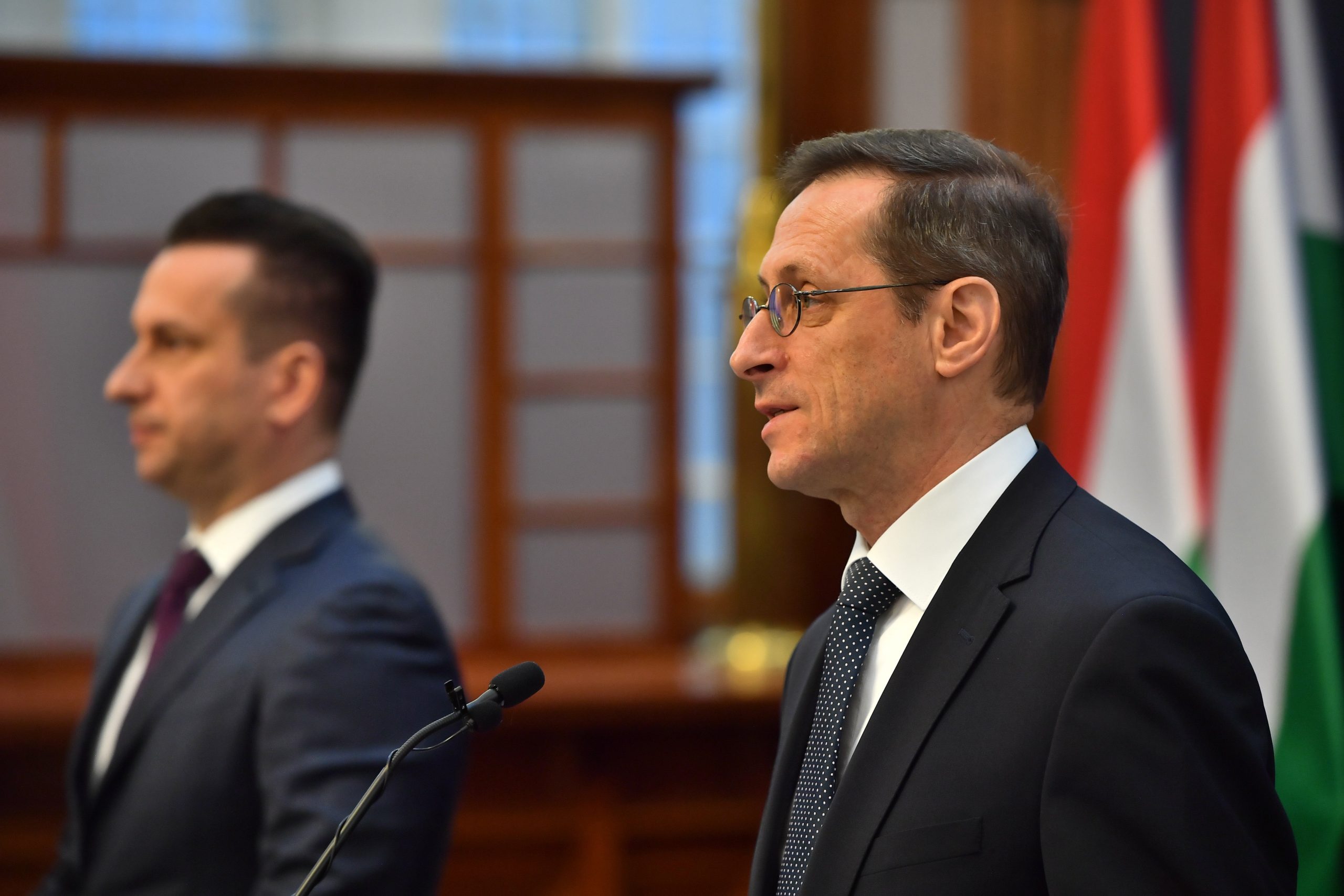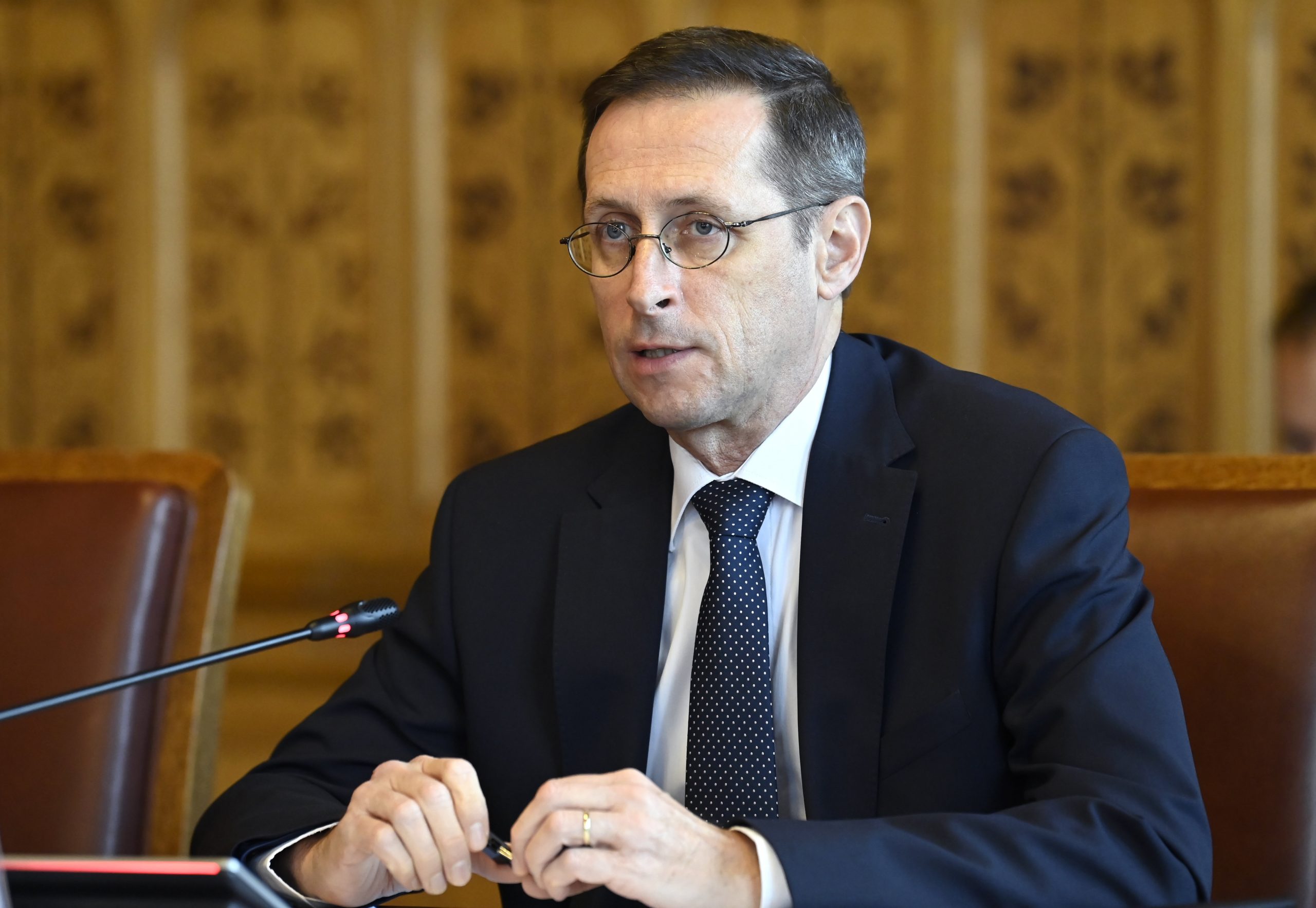
A left-wing columnist accuses the government of overspending ahead of the 2022 April election. A conservative economist, on the other hand, finds the government’s economic path sound and reasonable.Continue reading

On Wednesday, the Ministry of Finance announced that Hungary’s lower-than-planned deficit target of the 2022 budget will be guaranteed by rescheduling the spending of 755 billion forints worth of investment. Later, a government decision was published showing in slightly more detail the areas from which the government is cutting funds. Among others, the spending cuts will seriously affect the opposition-led capital and some of next year’s investments.
Similar to this year, the government has decided to postpone some of 2022’s development projects and increase the central budget’s next year reserves.
“By rescheduling some public investments, the government will save 755 billion forints (EUR 2.04 bn) in next year’s budget, improving the deficit target from 5.9% of GDP to 4.9%.”
This will also allow a faster reduction in the public debt ratio, the Finance Ministry announced in a recent statement.
The ministry argues that “the rebalancing of the Hungarian economy has been successful” and “…will allow Hungarian fiscal policy to return to a balanced path sooner than planned.”
The decision is likely due to the large-scale spending spree of the Orbán-led government ahead of the 2022 general elections, economic news site Portfolio writes in its coverage of the story.
Since next year’s budget was passed by Parliament over the summer, the government made several decisions to distribute huge sums of money to families, pensioners, raise wages in several sectors, and introduce a number of tax reliefs for businesses next year. According to the economic news site, this will reduce Hungary’s budget balance for next year by more than HUF 1.5 billion.
Meanwhile, the relative position of the 2022 budget seems to be very weak, with the third highest deficit in the EU. Together with the limited scale, debt cuts would look bad and could have negative effects on the economy; therefore, a spending reduction had to be made.
However, at this point, as Portfolio notes, next year’s budget calculations have become completely non-transparent and therefore impossible to follow. Just now in December, the government made two readjustments to the budget – the latter one only nine days before the end of the year, affecting around 2.5% of the total sum of the budget.
The government also published a resolution on Wednesday detailing the areas affected by the postponed development programs.
As we are talking about a total spending reduction of HUF 755 billion, there are quite a few parts of the budget affected by this decision.
According to Portfolio, a decision on the restructuring of HUF 150 billion has not yet been made, and is still only a promise in next year’s budget. Finance Minister Mihály Varga has until January 31st to propose this plan.
The HUF 605 billion spending freeze affects the following:
According to Portfolio’s summary, three quarters of the EUR 755 billion investment plan is not exactly known because of the many items that have not been explained in detail.
The government will launch two programmes, worth a combined 140 billion forints (EUR 390m), to help small municipalities increase energy efficiency and make tourism developments, Finance Minister Mihály Varga said on Facebook on Thursday. Fifty-one billion forints of the grand total will go towards projects aimed at enabling municipal institutions to use renewable energies and renovate facilities, while 90 billion forints will facilitate developments involving local sights, the natural environment, and spas. The projects will create new jobs and support the local economy in the long run, Varga said, adding that “the Hungarian economy cannot be strong without strong provinces”.
In the featured photo: Finance Minister Mihály Varga. Photo by Tamás Kovács/MTI